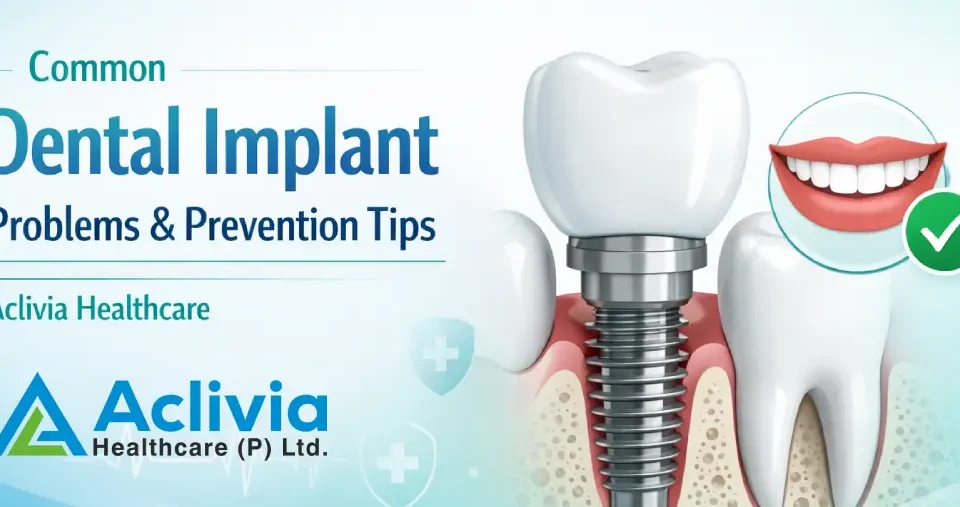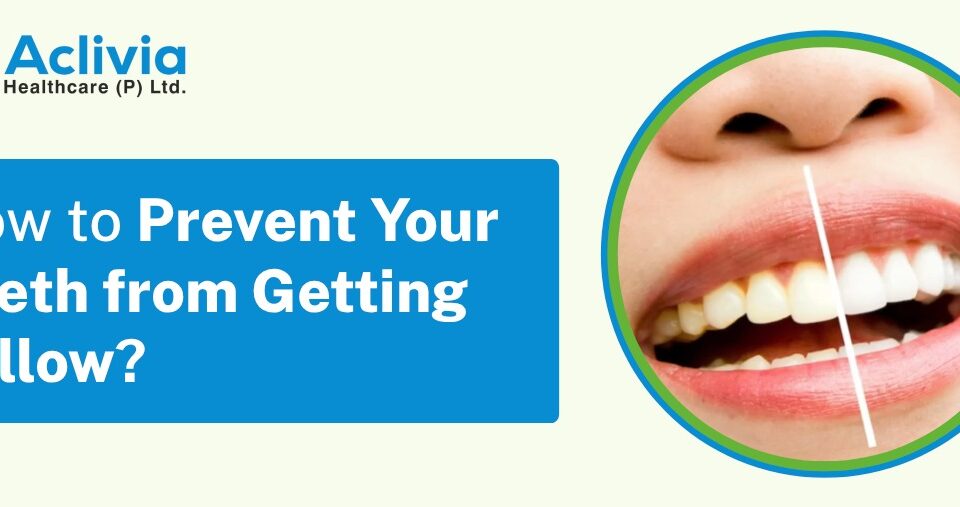These days, our diets are filled with foods and drinks that do more harm than good, especially to our teeth. From sodas and sugary juices to processed snacks and junk food, we’re constantly exposing our teeth to acids and sugars that lead to cavities. And while adults aren’t immune, cavities are especially common in children. Their eating habits, along with inconsistent brushing, make their developing teeth vulnerable.
To keep your teeth strong and healthy, it’s important to understand how cavities form and what simple steps you can take to prevent them. The best part? You don’t need to do anything extreme, just a few small habit changes can make a world of difference.
What Causes Cavities?
Cavities, also known as tooth decay, are small holes in your teeth caused by acid. This acid is produced by bacteria that feed on sugars and starches left behind after you eat or drink. When not properly cleaned, food particles and bacteria form a sticky layer called plaque. Over time, plaque creates acid that weakens tooth enamel and causes decay.
Other factors like poor brushing habits, not flossing, lack of fluoride, dry mouth, and too many sugary snacks contribute to cavity development. Luckily, these are all things we can manage through daily care and smarter choices.
1. Brush and Floss Daily
Brushing your teeth twice a day is one of the most basic yet most effective ways to prevent cavities. Use a fluoride toothpaste and a soft-bristle toothbrush to gently clean your teeth, gums, and tongue. But brushing alone isn’t enough, flossing removes food particles and plaque stuck between teeth, where your brush can’t reach.
Encourage kids to build good dental habits early. You can use a two-minute timer or play a fun song to help them brush for the full recommended time.
2. Stay Hydrated with Water
Water does more than keep you hydrated, it also helps protect your teeth. Drinking water throughout the day washes away leftover food and neutralizes acids in your mouth. It also stimulates saliva production, which is one of your body’s best natural defences against tooth decay.
If your local tap water contains fluoride, that’s even better. Fluoride strengthens tooth enamel and makes it more resistant to cavities. Try to replace sugary drinks like soda or juice with plain water whenever possible.
3. Avoid Sugary and Acidic Foods
Foods and drinks high in sugar and acid are major contributors to tooth decay. Candy, soft drinks, fruit juices, and even some processed snacks can stick to your teeth and feed harmful bacteria. Acidic beverages like colas also weaken the enamel, making your teeth more susceptible to damage.
Instead, focus on whole foods, fruits, vegetables, whole grains, and dairy. These nourish your body while also supporting good oral health. And if you do indulge in sweets, rinse your mouth with water afterward or brush your teeth if possible.
4. Improve Your Diet
Your teeth benefit from a well-balanced, nutrient-rich diet just like the rest of your body. Foods high in calcium and phosphates, like cheese, yogurt, almonds, and leafy greens, help rebuild enamel and strengthen teeth. Crunchy fruits and veggies like apples or carrots can even help clean your teeth as you eat them.
Try to cut back on sticky candies, sugary cereals, and fizzy drinks. The less sugar and acid your teeth are exposed to, the lower your risk of developing cavities.
5. Schedule Regular Dental Checkups
Even if your teeth feel fine, it’s important to visit the dentist every 6 months. Regular cleanings remove tartar (hardened plaque) that brushing can’t, and your dentist can catch small issues before they turn into big problems. Kids especially benefit from routine checkups to monitor developing teeth and learn proper oral care.
Preventive treatments like fluoride applications or dental sealants can offer added protection against cavities, especially for children.
6. Treat Cavities Early
If you already have a cavity, don’t wait, visit your dentist as soon as possible. Early-stage cavities are easier to treat and can often be filled without discomfort. Ignoring a cavity allows it to grow deeper and possibly spread to other teeth, leading to pain or infection.
Your dentist can remove the decay and stop it from causing more damage, helping you avoid more serious procedures down the line.
Final Thoughts
Protecting your teeth from cavities doesn’t require complicated steps. With daily brushing, flossing, smart food choices, and regular dental checkups, you can maintain a healthy and beautiful smile. These habits are especially important to teach children while they’re young. After all, strong teeth support more than just eating, they boost your confidence and contribute to your overall health.
Start small, stay consistent, and smile with confidence, because healthy teeth are always worth protecting.




